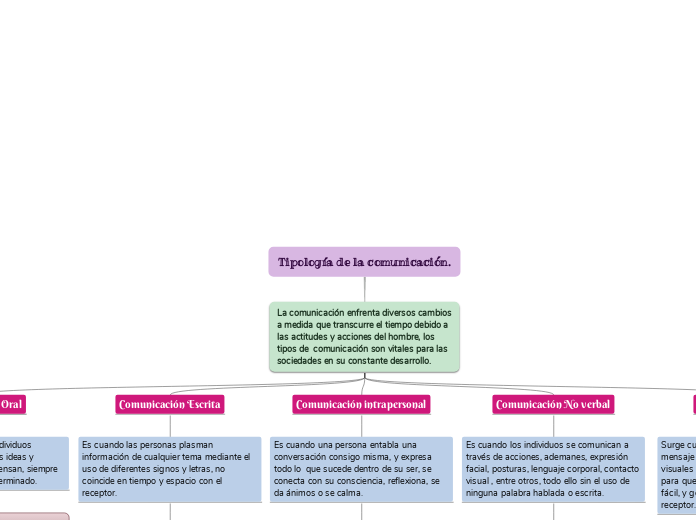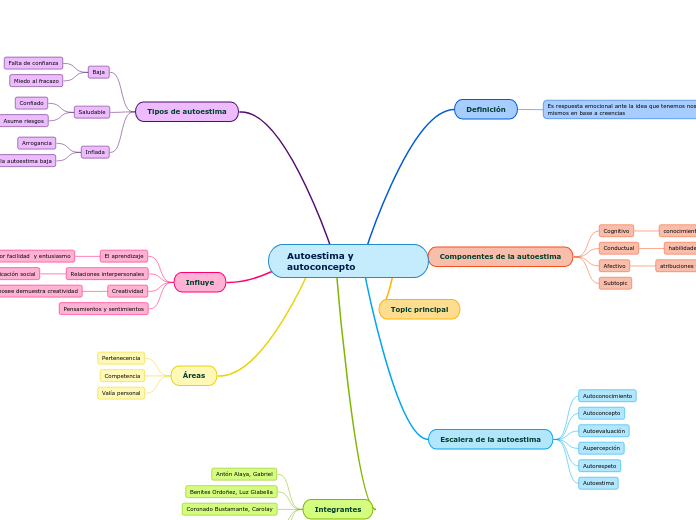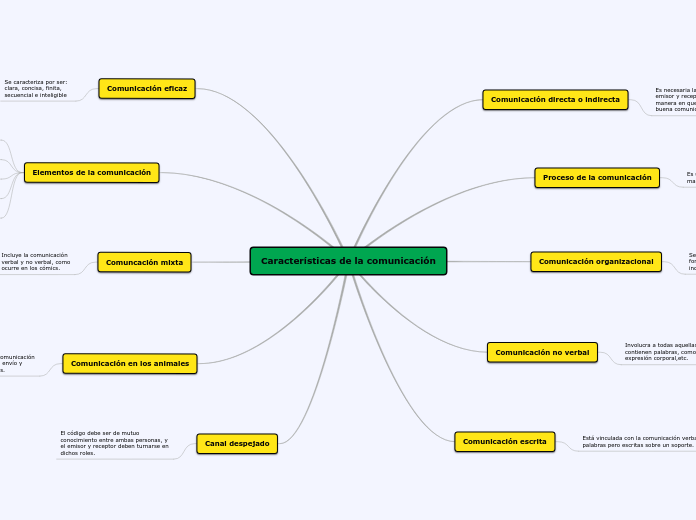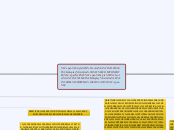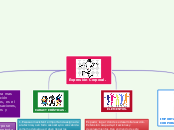Tipología de la comunicación.
Type in the name of the multiple-perspectives text.
Example: Bridge to Terabithia by Katherine Paterson
La comunicación enfrenta diversos cambios a medida que transcurre el tiempo debido a las actitudes y acciones del hombre, los tipos de comunicación son vitales para las sociedades en su constante desarrollo.
Identify an important issue from the text that is being presented from different angles. Type it in.
Example: Jesse's drawing talent.
Comunicación Gráfica
Surge cuando se quiere transmitir un mensaje y se hace apoyo de imágenes visuales como las ilustraciones y símbolos para que se comprenda de forma rápida y fácil, y genere un cambio consciente en el receptor.
Ventaja:facilita interpretar y poder exponer una imagen llamativa o algún tipo de publicidad.
Comunicación No verbal
Es cuando los individuos se comunican a través de acciones, ademanes, expresión facial, posturas, lenguaje corporal, contacto visual , entre otros, todo ello sin el uso de ninguna palabra hablada o escrita.
Ventaja: Genera claridad y refuerza el mensaje
Comunicación intrapersonal
Es cuando una persona entabla una conversación consigo misma, y expresa todo lo que sucede dentro de su ser, se conecta con su consciencia, reflexiona, se da ánimos o se calma.
Ventaja: Mejora nuestro autoconocimiento personal y auotoestima.
Comunicación Escrita
Decide on the second point of view
Name the character (it can either be the main character or one of the supporting characters) whose point of view you are presenting.
Example: Miss Edmunds, Jesse's music teacher.
Es cuando las personas plasman información de cualquier tema mediante el uso de diferentes signos y letras, no coincide en tiempo y espacio con el receptor.
Type in a quote that points out the character's position about the issue.
Try to follow a citation format: author's name, chapter, and page.
Example: 'She said he was unusually talented, and she hoped he wouldn't let anything discourage him.' (Paterson, 2. 8)
Ventaja: la más destacadas de este tipo de comunicación es que tiene permanencia, se puede volver a usar, y además queda registrada.
How is the viewpoint introduced in the story?
Choose an answer:
First person point of viewSecond person point of viewThird person point of viewOmniscient point of view
Comunicación Oral
Decide on the first point of view you are going to present.
Type in the name of the character (it can either be the main character or one of the supporting characters) whose point of view belongs to.
Example: Jesse Oliver Aarons, Jr., the main character of the novel, a fifth-grader living in a rural Southern area.
Surge cuando dos o más individuos expresan de manera libre las ideas y argumentos sobre lo que piensan, siempre está dada en un tiempo determinado.
Type in a relevant quote that highlights the character's point of view towards
La comunicación enfrenta diversos cambios a medida que transcurre el tiempo debido a las actitudes y acciones del hombre, los tipos de comunicación son vitales para las sociedades en su constante desarrollo..
Try following a citation format: author's name, chapter, and page.
Example: 'Jesse drew the way some people drank whiskey. (...) Lord, he loved to draw. (...) When he was in first grade, he told his father that he wanted to be an artist when he grew up.' (Paterson, 2. 7)
Ventaja: Se interactúa con mayor fluidez y rapidez.
What type of narration introduces the viewpoint?
Choose an answer:
First person point of view - using the personal pronouns 'I' or 'we'Second person point of view - using the personal pronoun 'you'Third person point of view - using the third-person pronouns 'he', 'she' and 'they'Omniscient point of view - an all-seeing observer tells the story
